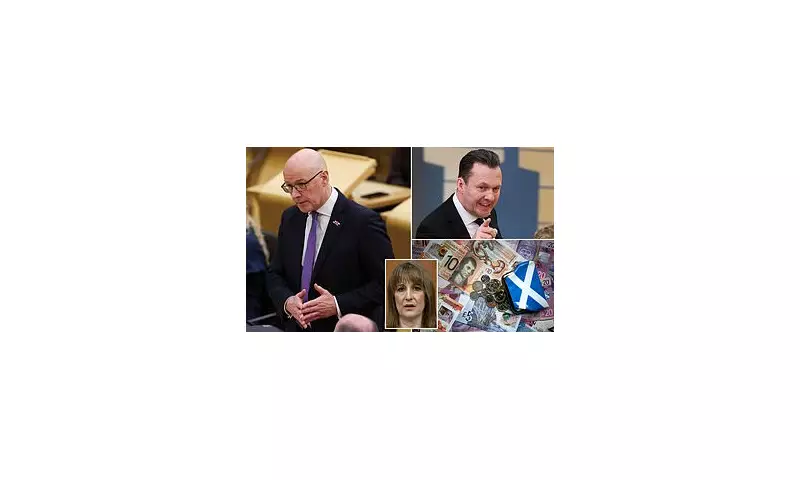
In a stunning political reversal that has sent shockwaves through Scottish politics, Deputy First Minister John Swinney has dramatically abandoned his party's flagship election promise not to raise income tax.
The Broken Pledge
The Scottish National Party had explicitly committed during their election campaign to freeze income tax rates throughout the current parliamentary term. This promise now lies in tatters as Mr Swinney confirmed the Scottish Government will implement tax increases in the forthcoming budget.
'Circumstances have changed significantly since the election,' Mr Swinney stated during the announcement, pointing to what he described as 'substantial financial pressures' facing Scotland's public services.
Political Fallout
The decision represents one of the most significant policy U-turns since the SNP came to power, with opposition parties immediately condemning the move as a betrayal of voter trust.
Scottish Conservative finance spokesperson Liz Smith declared: 'This is a complete breach of faith with the Scottish people. The SNP made a clear, unambiguous promise during the election campaign and they have now torn that up.'
Budget Pressures Mount
The Scottish Government faces mounting financial challenges, including:
- Significant public sector pay demands
- Rising inflation impacting service delivery costs
- Increased pressure on the NHS and social care systems
- Infrastructure investment requirements
Mr Swinney defended the decision by emphasising that 'responsible governance requires adapting to changing economic realities', though critics argue alternative savings could have been found without breaking election commitments.
What Comes Next
The specific details of the tax increases will be revealed when the Scottish Budget is formally presented to Parliament in the coming weeks. Political analysts suggest this move could have significant consequences for the SNP's credibility and their performance in future elections.
As Scottish taxpayers brace for higher bills, the political debate around taxation and public spending in Scotland has been fundamentally reshaped by this dramatic policy reversal.





